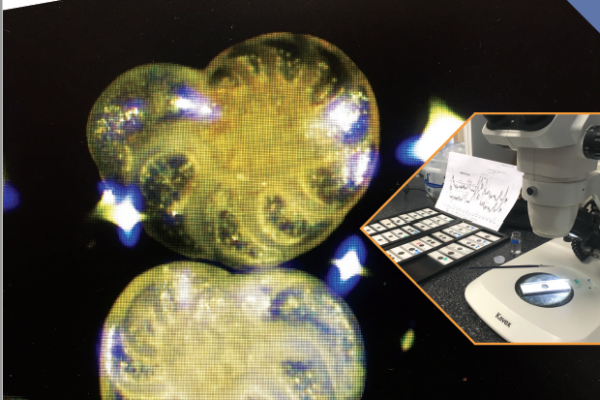Category: News

Annual Review 2023
Read More
Project title: Searches for New Physics at the Large Hadron Collider using anomaly-detection Machine Learning in real-time.
The ATLAS experiment is located at the Large Hadron Collider (LHC) at CERN in Geneva, Switzerland. The LHC is a circular particle accelerator in which protons are accelerated to high energies and collide, close to the speed of light, at specific points along the ring. The ATLAS detector is located at one of these collision points. It is designed to detect and reconstruct the products of these collisions. However, due to the high rate of proton collisions (around 1 billion per second) not all the produced collisions can be stored. Therefore, a filtering mechanism is employed, known as the “trigger”, that selects only the events which show characteristics of what we think is interesting physics. Most of these collisions are discarded and as such can never be recovered for analysis. This project proposes a novel approach of analysing the data within the trigger prior to its disposal. This would involve searching for anomalous collisions that could be created by New Physics processes in real-time that would otherwise be rejected by the trigger. The anomaly-detection would be performed using Machine Learning algorithms designed to identify and save New Physics signatures, therefore optimising the ongoing New Physics searches at ATLAS.

Awarded: Carnegie PhD Scholarship
Field: Physics
University: University of Edinburgh